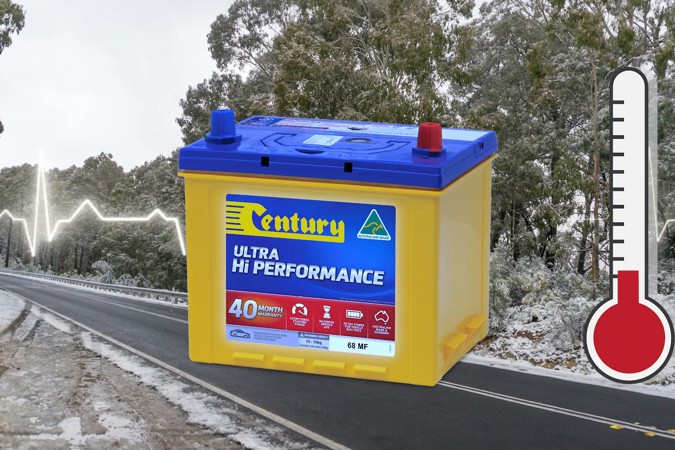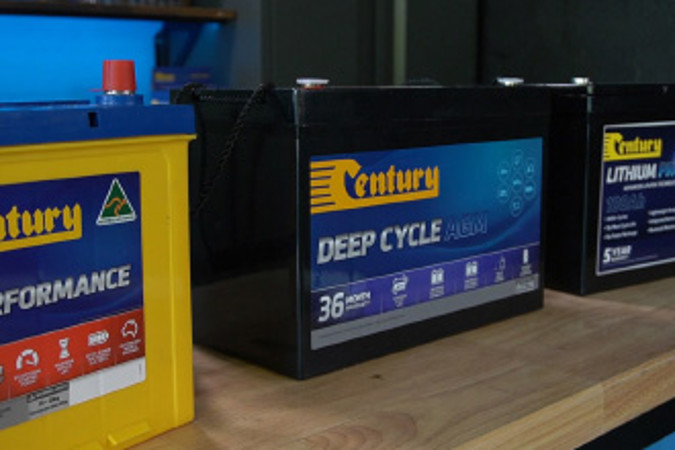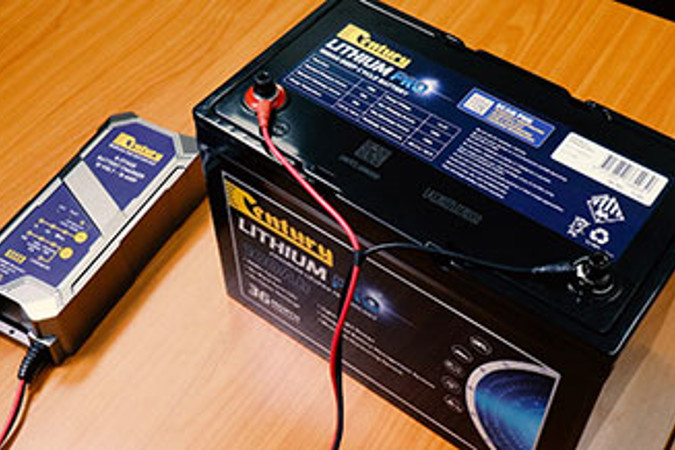Keeping your boat’s battery maintained when not in use doesn’t need to be difficult. In fact, by following these simple tips, you’ll be able to greatly extend the service life of your battery and make sure it is always ready to go when you need it.
Keep it fully charged!
Most people know that car and boat batteries are typically “12-volt”, but did you know that if your battery’s voltage reads 12.0-volts on a voltmeter it is flat or fully discharged? It’s true! That’s because a healthy, fully charged lead-acid battery should return a reading of around 12.7 to 12.8 volts – and they prefer to be kept as close to full charge as possible in order to achieve maximum life.
Even when a battery falls to between 12.1 to 12.4 volts, damage is being done. The lack of energy will slowly start to eat into the effective lifespan of the battery, an irreversible process that could be costly both on and off the water. Letting the battery fall to 12.0 volts is worse, moving into the space where the impact on battery lifespan is classed as “severe”.
Like most batteries, the battery in your boat will slowly discharge with time. A great way to look after it is to connect a battery charger after you get home, to ensure the battery is brought back to full charge, and then kept there until your next trip! Century’s CC1206 battery charger is the perfect companion to your Century Marine Pro battery – and uses 9 separate stages of charging to return the battery to peak capacity, before switching into a “float” or maintenance mode to trickle charge your battery periodically to keep it fully charged and ready to go.
Monitor the voltage
As we just learnt, a healthy fully charged battery will return a reading of 12.7 to 12.8 volts, but the speed at which the voltage drops can also be a warning sign of impending battery failure – especially if it is more than a few years old.
If your boat’s battery drops to less than 12.5 volts within a few days of being left uncharged, it is showing signs that it is losing the ability to hold “lifespan” charge – the thing that results in your boat’s engine starting fine when you drop it in the water, but failing to fire once you’re ready to head home. Yeah, we all know someone who has been there.
 Homepage
Homepage
 Homepage
Homepage


